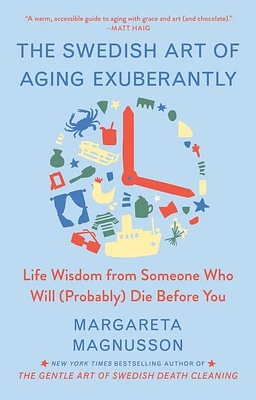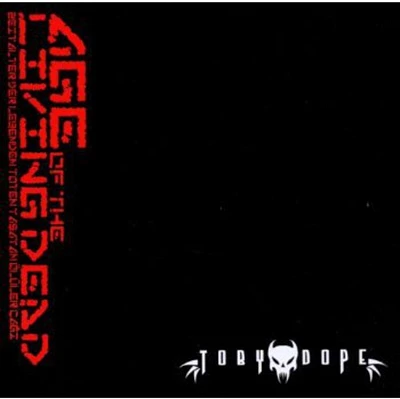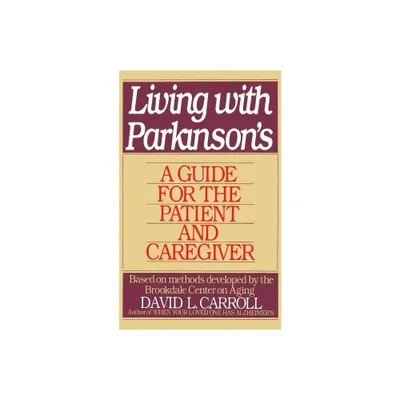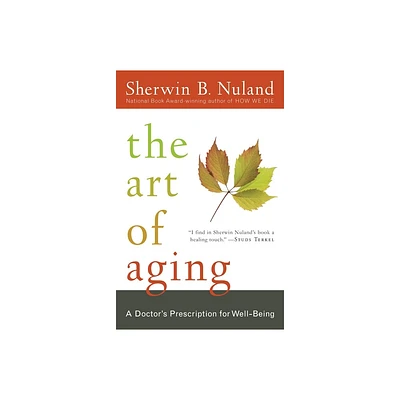Home
Aging and the Art of Living
Loading Inventory...
Barnes and Noble
Aging and the Art of Living
Current price: $65.00


Barnes and Noble
Aging and the Art of Living
Current price: $65.00
Loading Inventory...
Size: Hardcover
*Product Information may vary - to confirm product availability, pricing, and additional information please contact Barnes and Noble
Baars explores philosophers from Plato to Foucault as they consider the meaning of aging—and wisdom—in our society.
In this deeply considered meditation on aging in Western culture, Jan Baars argues that, in today’s world, living longer does not necessarily mean living better. He contends that there has been an overall loss of respect for aging, to the point that understanding and “dealing with” aging people has become a process focused on the decline of potential and the advance of disease rather than on the accumulation of wisdom and the creation of new skills.
To make his case, Baars compares and contrasts the works of such modern-era thinkers as Foucault, Heidegger, and Husserl with the thought of Plato, Aristotle, Sophocles, Cicero, and other Ancient and Stoic philosophers. He shows how people in the classical period—less able to control health hazards—had a far better sense of the provisional nature of living, which led to a philosophical and religious emphasis on cultivating the art of living and the idea of wisdom. This is not to say that modern society’s assessments of aging are insignificant, but they do need to balance an emphasis on the measuring of age with the concept of "living in time."
Gerontologists, philosophers, and students will find Baars' discussion to be a powerful, perceptive conversation starter.
In this deeply considered meditation on aging in Western culture, Jan Baars argues that, in today’s world, living longer does not necessarily mean living better. He contends that there has been an overall loss of respect for aging, to the point that understanding and “dealing with” aging people has become a process focused on the decline of potential and the advance of disease rather than on the accumulation of wisdom and the creation of new skills.
To make his case, Baars compares and contrasts the works of such modern-era thinkers as Foucault, Heidegger, and Husserl with the thought of Plato, Aristotle, Sophocles, Cicero, and other Ancient and Stoic philosophers. He shows how people in the classical period—less able to control health hazards—had a far better sense of the provisional nature of living, which led to a philosophical and religious emphasis on cultivating the art of living and the idea of wisdom. This is not to say that modern society’s assessments of aging are insignificant, but they do need to balance an emphasis on the measuring of age with the concept of "living in time."
Gerontologists, philosophers, and students will find Baars' discussion to be a powerful, perceptive conversation starter.


















